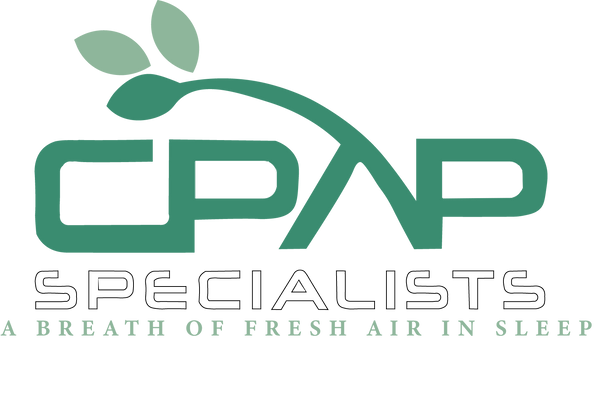As discussed in one of our previous blog posts, sleep apnea is a type of sleep disordered breathing and is the cessation of breathing during sleep. There are 3 main types of sleep apnea – Obstructive, Central and Mixed Sleep Apnea with various treatments available. These treatments include Continuous Positive Airway Pressure (CPAP) machines which have emerged as a revolutionary solution, transforming the lives of countless individuals suffering from sleep apnea. In this blog post, we'll delve into the remarkable benefits of using CPAP machines to manage sleep apnea.
- Improved Quality of Sleep:
One of the primary advantages of CPAP therapy is its ability to restore and maintain a consistent breathing pattern throughout the night. By delivering a continuous stream of pressurized air, CPAP machines prevent the airway from collapsing, allowing individuals to enjoy uninterrupted, restorative sleep. This improved sleep quality often leads to enhanced daytime alertness and cognitive function.
- Alleviation of Daytime Fatigue:
Sleep apnea can cause excessive daytime fatigue, impairing performance at work, school, and other daily activities. CPAP therapy effectively addresses this issue by ensuring a sufficient and uninterrupted supply of oxygen, allowing users to wake up feeling refreshed and energized. The reduction in daytime fatigue can significantly improve overall productivity and quality of life.
- Cardiovascular Health:
Untreated sleep apnea can have serious implications for cardiovascular health, increasing the risk of conditions such as hypertension, heart disease, and stroke. CPAP therapy acts as a protective barrier, mitigating these risks by maintaining optimal oxygen levels and preventing the cardiovascular strain associated with untreated sleep apnea.
- Enhanced Mood and Mental Health:
Sleep apnea is often linked to mood disorders such as depression and anxiety. The chronic sleep deprivation caused by interrupted breathing during the night can have profound effects on mental well-being. CPAP therapy has been shown to alleviate symptoms of depression and anxiety, promoting a positive mental state and improving overall emotional health.
- Weight Management:
There is a reciprocal relationship between sleep apnea and weight gain, with each condition exacerbating the other. CPAP therapy can play a role in breaking this cycle by aiding in weight management. Improved sleep quality encourages individuals to engage in physical activities, while the reduction in fatigue may contribute to better dietary choices.
- Reduced Risk of Complications:
Left untreated, sleep apnea can contribute to a range of health complications, including diabetes, liver problems, and respiratory issues. CPAP therapy serves as a preventative measure, reducing the likelihood of these complications and promoting long-term health
CPAP machines have proven to be a game-changer in the management of sleep apnea, offering a host of benefits that extend beyond just a good night's sleep. From improved cognitive function to cardiovascular protection, the positive impact of CPAP therapy on overall health cannot be overstated. If you or someone you know is grappling with sleep apnea, consider exploring the transformative benefits of CPAP machines and embark on a journey towards better sleep and improved well-being.


